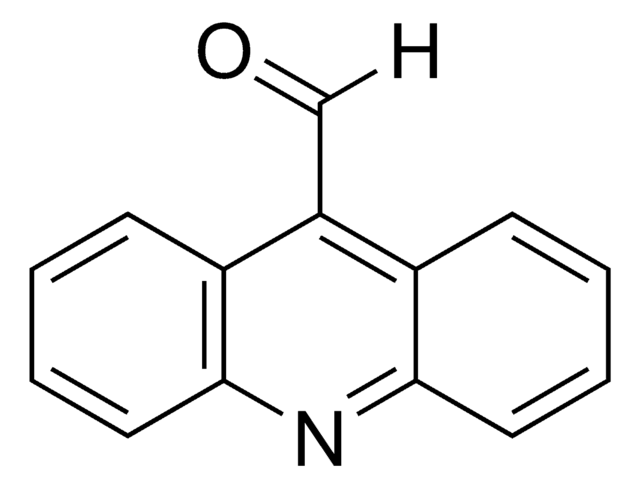150215
9(10H)-Acridanone
99%
Synonym(s):
Acridone, 9,10-Dihydro-9-oxoacridine
About This Item
Recommended Products
Quality Level
Assay
99%
form
solid
mp
>300 °C (lit.)
λmax
380 nm
399 nm (2nd)
SMILES string
O=C1c2ccccc2Nc3ccccc13
InChI
1S/C13H9NO/c15-13-9-5-1-3-7-11(9)14-12-8-4-2-6-10(12)13/h1-8H,(H,14,15)
InChI key
FZEYVTFCMJSGMP-UHFFFAOYSA-N
Gene Information
human ... ABCB1(5243)
Looking for similar products? Visit Product Comparison Guide
Application
related product
Storage Class Code
11 - Combustible Solids
WGK
WGK 3
Flash Point(F)
Not applicable
Flash Point(C)
Not applicable
Personal Protective Equipment
Choose from one of the most recent versions:
Certificates of Analysis (COA)
Don't see the Right Version?
If you require a particular version, you can look up a specific certificate by the Lot or Batch number.
Already Own This Product?
Find documentation for the products that you have recently purchased in the Document Library.
Customers Also Viewed
Our team of scientists has experience in all areas of research including Life Science, Material Science, Chemical Synthesis, Chromatography, Analytical and many others.
Contact Technical Service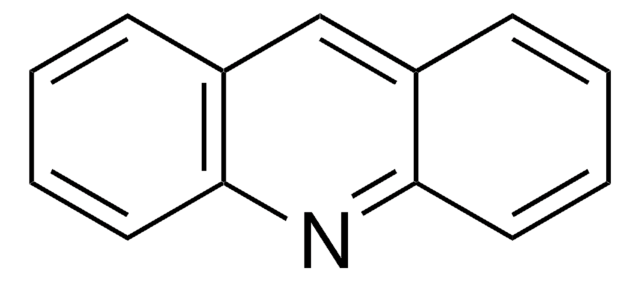
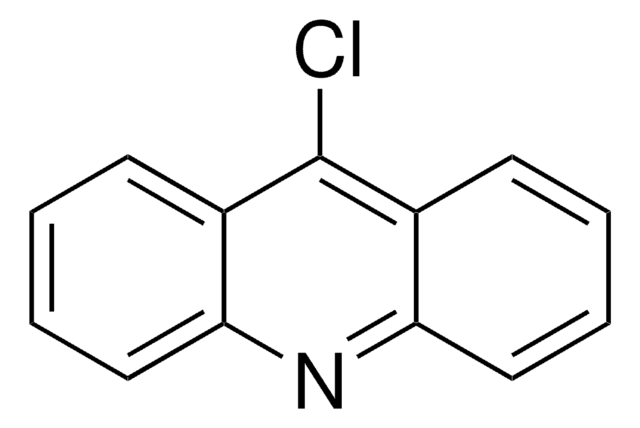
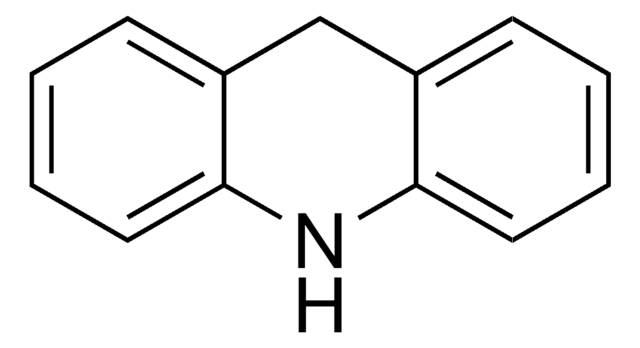


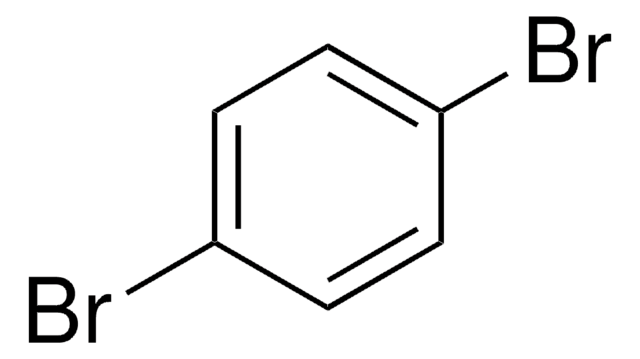

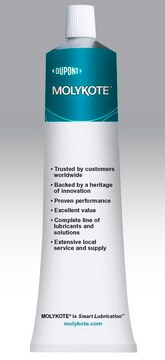
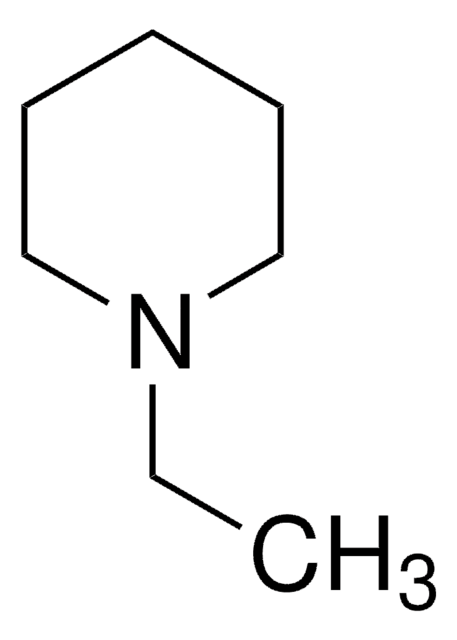
![5H-Dibenz[b,f]azepine 97%](/deepweb/assets/sigmaaldrich/product/structures/396/216/18f00414-a76e-46d7-90cf-820ad902e559/640/18f00414-a76e-46d7-90cf-820ad902e559.png)
